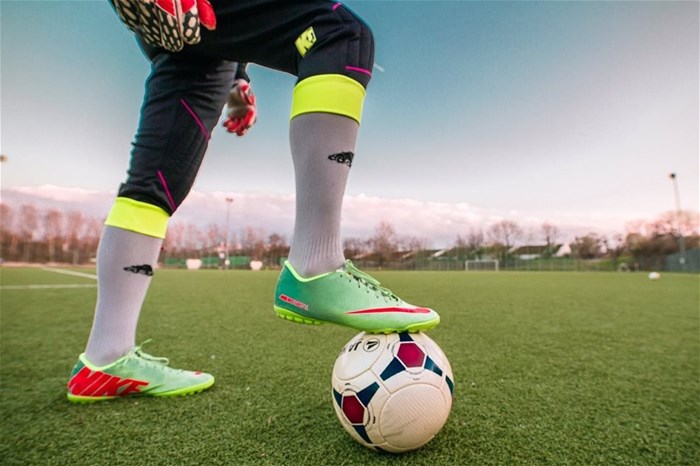More than ever before, the world will be watching the action at the 34th edition of the cup, given that some of football’s greatest athletes will be participating. Add to this the fact that the tournament takes place in the European winter and so it doesn’t face competition from any other major international tournaments except the AFC Asian Cup.
The tournament has its critics, especially in Europe, where several clubs will be losing key players to African teams. Even so, very few will doubt that Afcon has entered a new era.
As a scholar of sports communication with a focus on African football, I believe that this will be a record year for Afcon. Star attractions aside, the tournament continues to grow in terms of global viewership, improved facilities, media attention and increased prize payouts.
Record prize money
The Confederation of African Football (Caf) has announced a 40% increase in the prize money for winning Afcon.
The winning national team will take home $7m while the runner-up takes $4m, third place takes $2.5m and the fourth placed team takes $1.3m. Though still a long way behind Europe, these prizes are larger than what the Copa América (the South American Football Championship) offered in 2021.
Star attractions
Africa’s star players are household names in Europe, thanks to high profile positions in leading clubs. Big names like Victor Osimhen (Nigeria), Achraf Hakimi (Morocco) and Mohamed Salah (Egypt) will all be representing their countries at the tournament. They won the top three most votes for the 2023 African Player of the Year award.
In addition, other Caf Awards finalists – Fiston Mayele (Congo), Peter Shalulile (Namibia) and Percy Tau (South Africa) – will all be participating. Added to this line-up is the sensational Moroccan goalkeeper Yassine Bounou.
Global viewers
The tournament will be a global event. Caf has announced a new set of broadcasting rights agreements. These include media agreements with the BBC and Sky in the UK, Band TV in Brazil, beIN and Canal+, among several other entities.
These agreements mean that the tournament will be watched live in 180 countries all over the world. Caf also announced over 6,000 media applications for accreditation. This is more than double the applications received for the previous Afcon.
World class facilities
Côte d'Ivoire has pulled out all the stops to ensure that this year’s Afcon is a world class event. The host nation is estimated to have spent US$1 billion renovating roads, stadiums, hospitals and other infrastructure in preparation for the tournament. Beyond renovating existing stadiums, the country built three new venues. There are two new 20,000 capacity stadiums. Laurent Pokou Stadium is in San-Pédro in the extreme south-west of the country and Amadou Gon Coulibaly Stadium at Korhogo in the north.
The biggest new facility, Alassane Ouattara Stadium, is located just outside the economic capital, Abidjan, and was built with $260 million to seat 60,000 spectators all under a roof.
Some of these venues, like the one in Korhogo, are accompanied by newly built hotels, villas and roads. As host nation, Ivory Coast will also enjoy the benefit of a fan base that could boost its team’s morale and chances of winning.
The favourites
A healthy rivalry between nations – especially from west Africa and north Africa – will increase the stakes at this year’s Afcon. Twenty-four teams are playing in the group stage and 16 of them will qualify for the knockout stage. This means that three teams will go through from four of the six groups.
Although Morocco became the first African team to reach the semifinal of a men’s football World Cup, the Moroccans may find it difficult to win Afcon. Morocco has won only one Afcon title, back in 1976 in Ethiopia, and reached the final in 2004 in Tunis. But the North African country is firmly among the favourites in Côte d'Ivoire. Joining them are the host nation and the defending champions, Senegal. Nigeria and Algeria are also strong contenders, with Mali a dark horse for the championship.
Considering all these developments, there’s no doubt that the tournament will set records in viewership and for stadium attendance, in the process opening up a new vista for Africa’s most prestigious tournament.
Afcon kicked off on 13 January 2024.
This article is republished from The Conversation under a Creative Commons license. Read the original article.




































